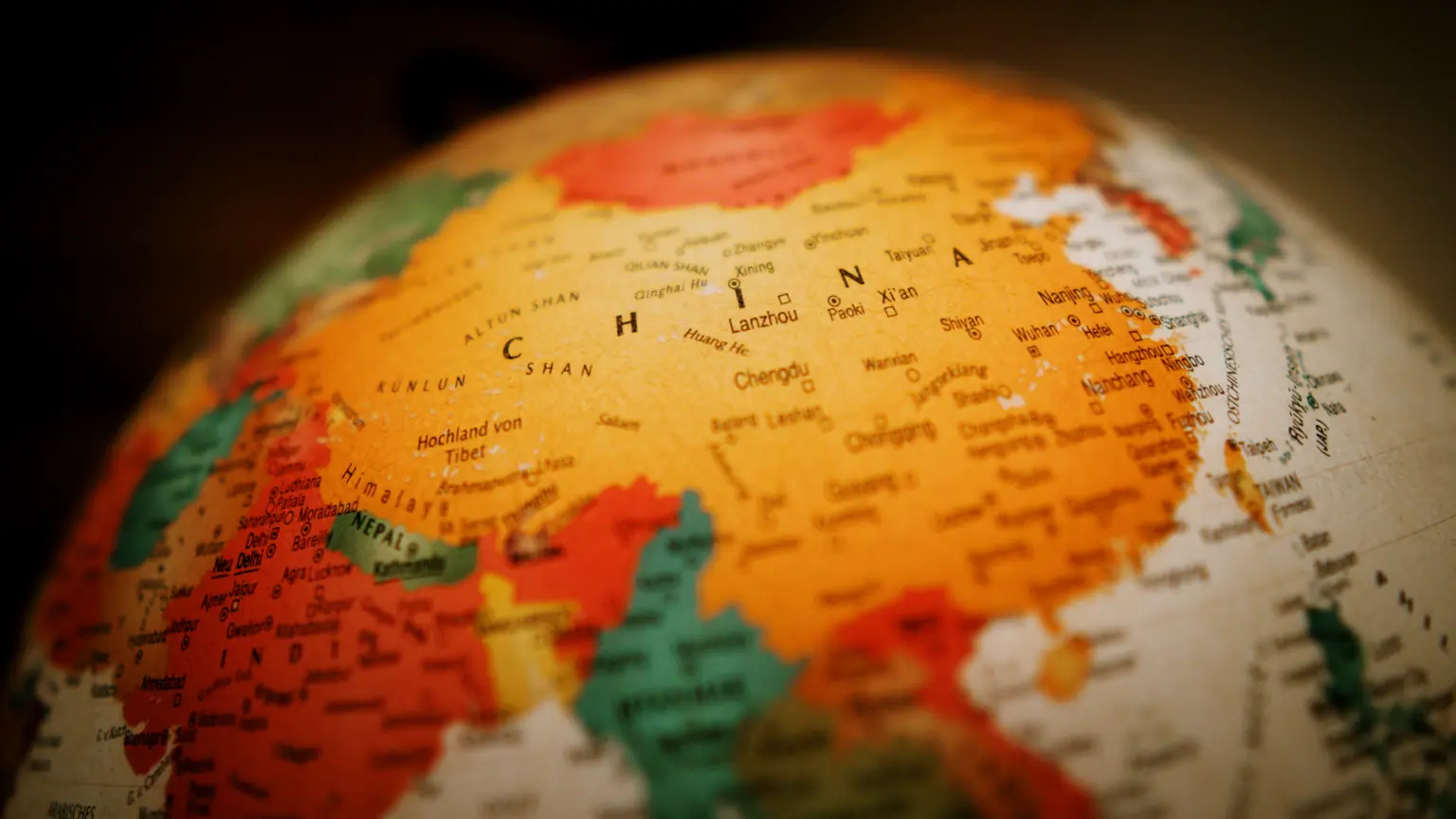Chinese authorities are beginning to limit the role of European telecoms equipment suppliers Nokia and Ericsson in state networks, changing the rules of the game for operators and equipment manufacturers.
According to reports, the contracts of these companies must now undergo black box security reviews by the Cyberspace Administration of China (CAC). The companies are not informed according to which criteria the equipment is evaluated, which weakens their negotiating position.
Additionally, Chinese public customers (e.g. mobile operators, utilities) must require suppliers to provide detailed documentation of each component and local participation in production. Review procedures can take three months or longer, and even after agreement, delays and lack of predictability create an advantage for indigenous manufacturers who are not subject to such conditions.
The impact for Nokia and Ericsson was steep. Their joint market share in China fell from around 12 per cent in 2020 to just 4 per cent in 2024. For Nokia, sales in China declined sharply, with the company recording multi-per cent year-on-year declines.
This shift is part of Beijing’s broader strategy: to move towards technological self-sufficiency and independence from Western suppliers of critical infrastructure.
For European telecoms companies, the Chinese market is becoming increasingly inaccessible. The provision of a ‘black box review’ on the one hand legitimises the security argument, but on the other – through lack of transparency – effectively neutralises the competitiveness of foreign suppliers. In retrospect, this may prompt Nokia and Ericsson to shift investments to other regions in Asia and revise their expansion strategies in the global developing world.












